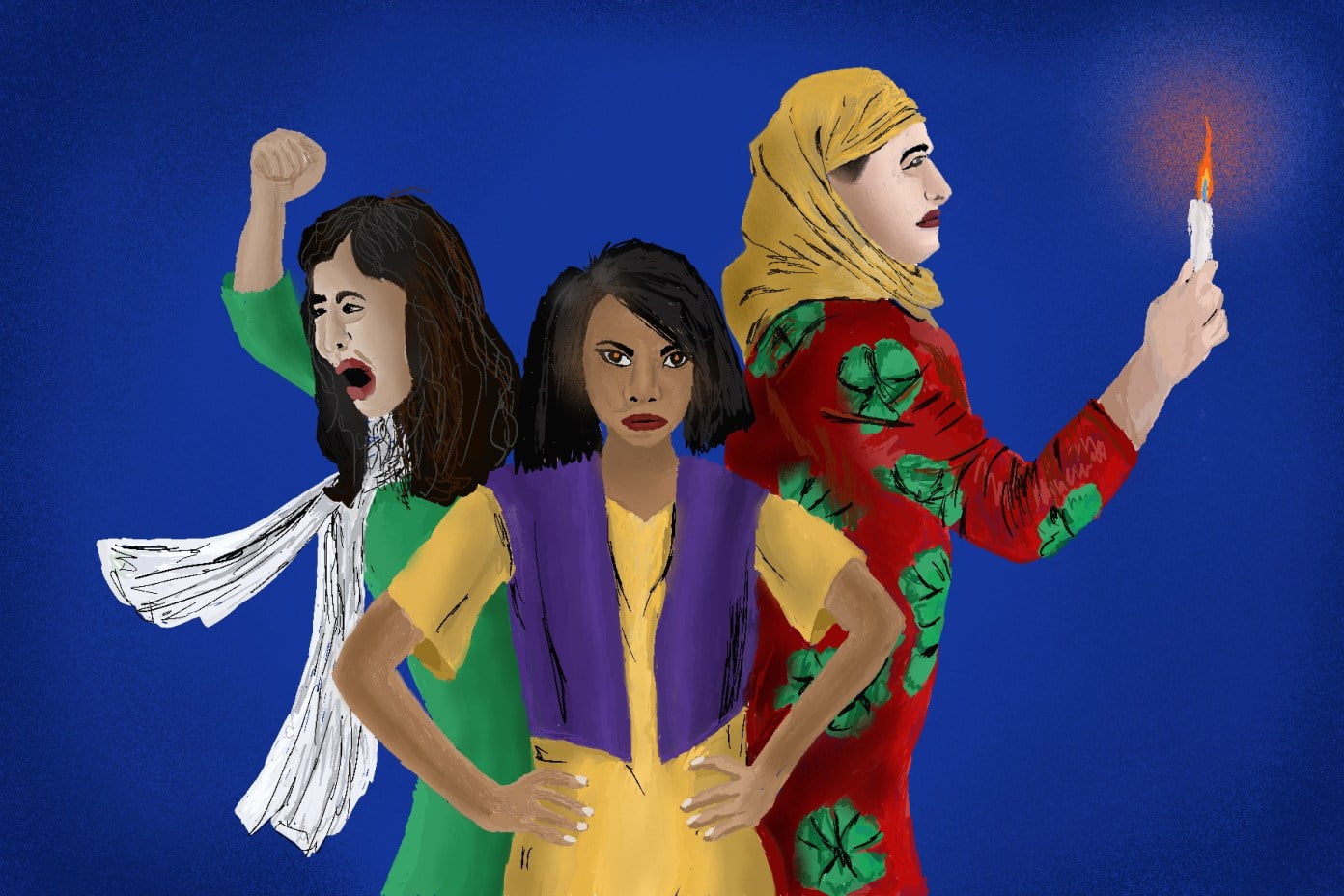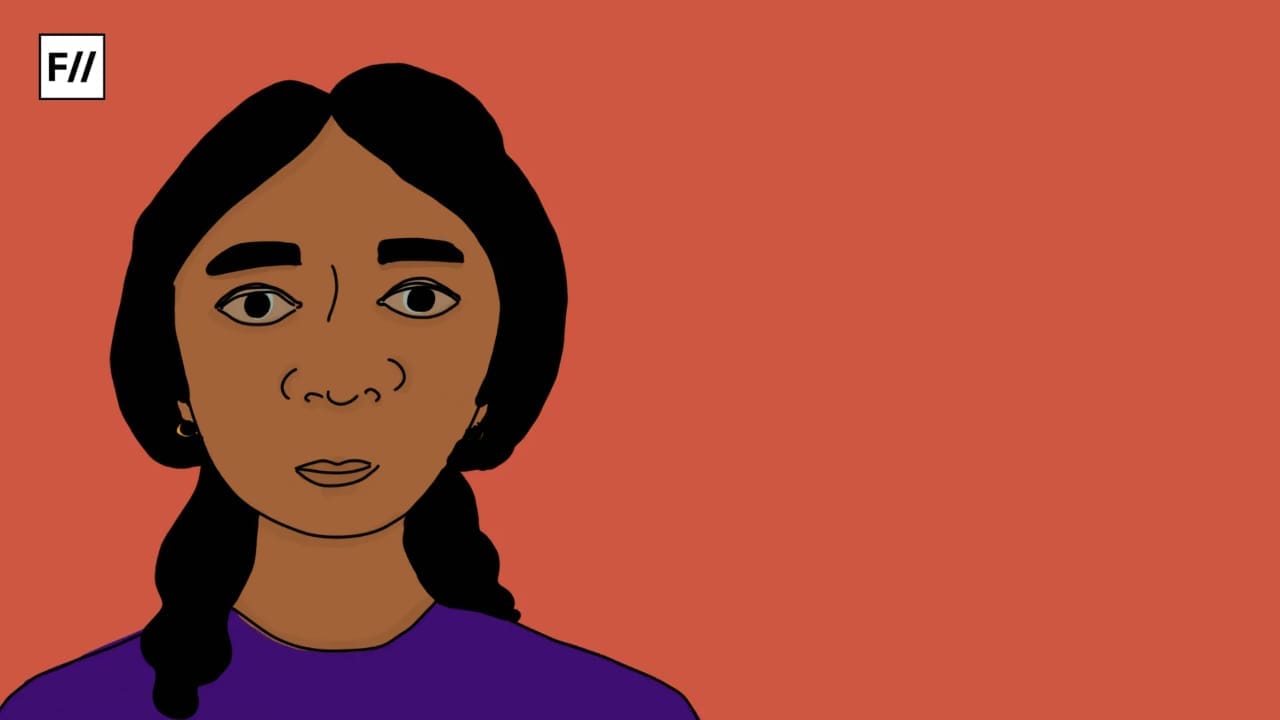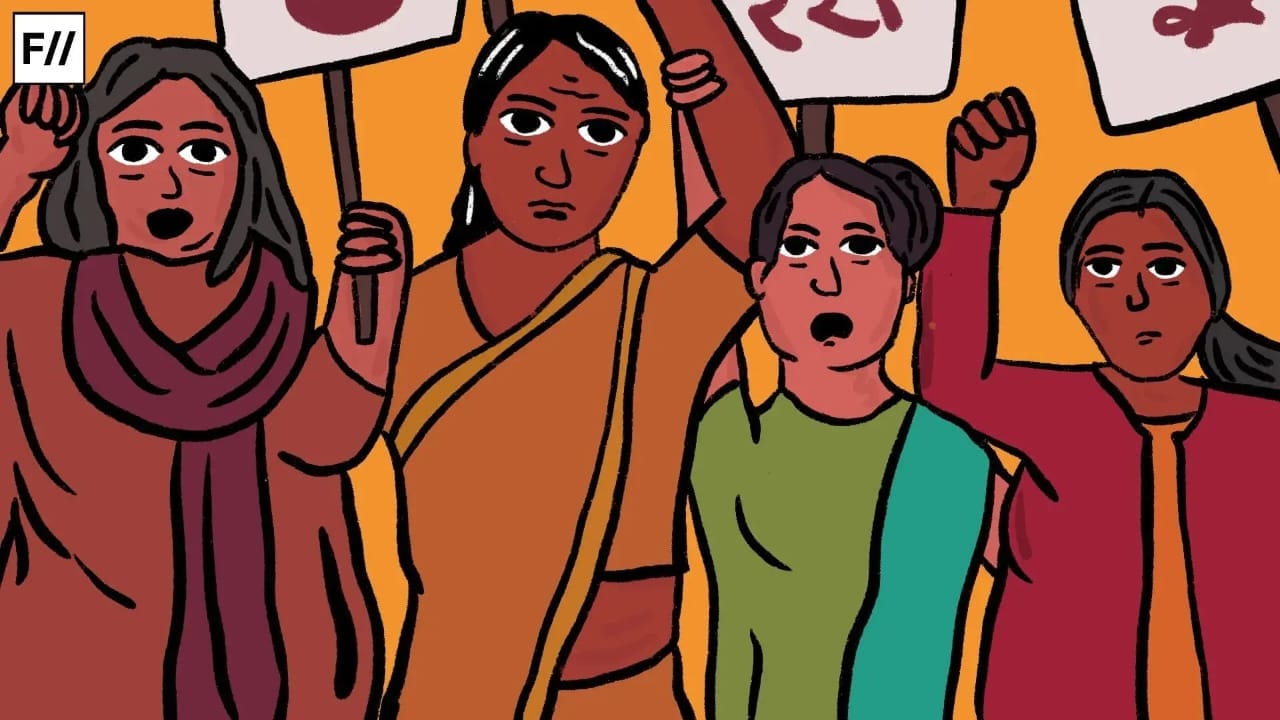Trigger warning: Mentions of sexual abuse and violence
Samira* reflects on her experiences of going through molestation when she was 23, she says, ‘I knew how important it is to report it, men like him shouldn’t roam scot-free, but I was scared for my safety and prioritised my sanity.’
Women even today opt not to report or file a complaint against sexual harassment, sexual molestation, harassment, street harassment, sexual violence or gender-based violence. Matter of fact, women do not even want to speak about or discuss such experiences because of the stigma associated and the ostracisation women face at the hands of society.
Research by UNFPA and the International Centre for Research on Women points out that the violence against women in India is growing because of impunity. The research mentions the “Lack of social and legal sanctions, and the failure to implement the existing legislations. Women are often condemned by their own families and communities for speaking out against discrimination, and abuse. When they seek help and justice, they are often confronted with further discrimination from the criminal justice system.”
Those women who do take a firm stand, frequently the society and authorities double down on them, shun them completely, and invalidate their experiences. Consider for instance the Wrestlers’ protest which took place at Jantar Mantar in 2023.
According to Human Rights Watch, under the rubric of Women’s and Girls’ Rights, it mentions, “Indian authorities delayed the investigation into allegations of sexual abuse by a member of parliament from the ruling BJP and the president of the Wrestling Federation of India, Brij Bhushan Sharan Singh, despite weeks of protest by athletes. In April, six women and a child filed complaints of sexual abuse with the police against Singh. However, the police only initiated an investigation after the complainants filed a petition in the Supreme Court.”
The report continues to mention, “In May, police forcibly tackled and temporarily detained protesting athletes, including two Olympic wrestlers. In June, the police finally charged Singh with sexual harassment, assault, and stalking. The case highlighted barriers to justice for sexual assault survivors in India, especially when the accused is powerful.”
The wrestler’s protest should be a grave reflection of the country’s attitude towards women. If this happens to Olympic winners what would be the state of common women?
Choosing peace over chaos
Samira* now 27 years old, reflects on the unfortunate incident of molestation that happened to her four years ago. Speaking about that incident or hearing stories of sexual molestation from other women, brings back all the horrors of that day to her. On a four-day trip to Goa, the speaker at the event molested her while there were people around them.

‘We were going out to watch the sunrise, and there were people around me, my friends when suddenly someone jumped from the bushes onto me. He tried to hug me and lean on me. I didn’t have the smallest clue that this person was going out with us,’ says Samira with disbelief.
Samira remembers having shunned and rejected all his advances before this incident. ‘I had witnesses and I could have proven it and that person could have been behind bars, but I didn’t do it.’
Adding further, she says, ‘I thought of my career, I was at the beginning of my career. Not only career I thought of my sanity.’
Many women choose not to report their experiences of sexual violence for myriad reasons. Some fear the consequences the FIR or the legal procedures could have over their career, studies, and work, and some simply fear what society will think of them. Some even feel scared of the revenge that the perpetrator might take on them. These agonies and anxieties make them choose their sanity and peace over tedious and risky procedures.
According to the NCRB data, 4,45,256 cases were registered in 2022. The rate of crimes against women per lakh population amounted to 66.4, while the charge sheeting in such cases was recorded at 75.8.
This is just the tip of the iceberg, as the underreporting of crimes against women is often encountered. Even the NHFS 5 data establishes that. According to FACTLY, a data journalism portal, “The gender-based violence data of NFHS-5 clearly establishes the under-reporting of crimes against women in certain states.”
The portal further mentions that “according to the data released by NCRB, the All-India rate of total crime against women in 2019 was 62.4 per lakh female population. That is about 62 cases of reported crime against women for every one lakh women. This number includes all forms of crimes against women including under IPC and SLL for which FIRs have been registered with the police.”
The fault lies in the patriarchal society
Because of the hyper-masculinised and misogynistic societal norms, a lot of women hesitate or consider topics like harassment, sexual violence, and other GBV-related incidents, hundreds of times before explaining them. India is hyper-patriarchal and women more than often are blamed for the crimes that are committed against them.
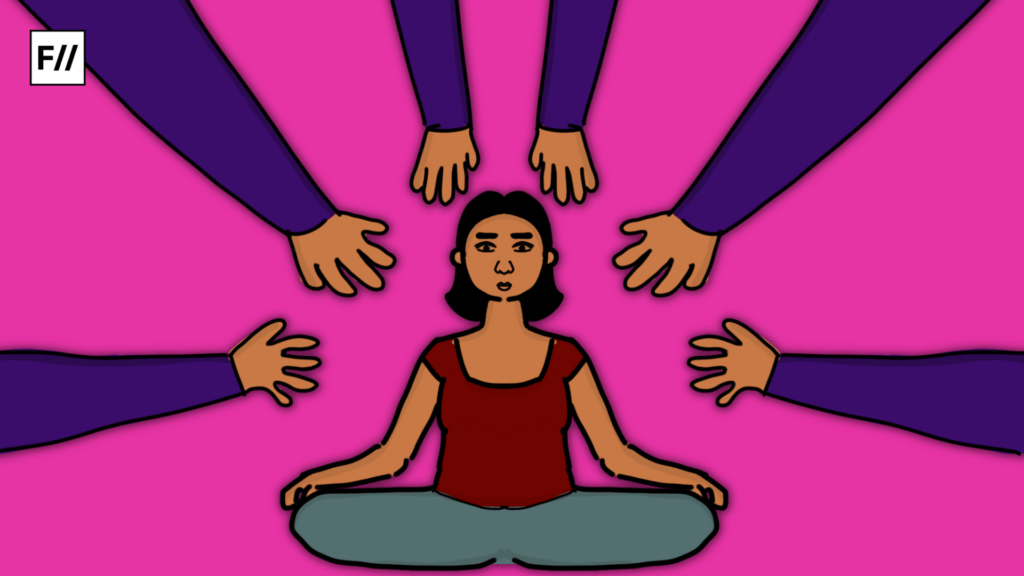
When groping, inappropriate touching, verbal harassment, and street stalking transpire, in many cases, onlookers never intervene. It is because the patriarchal society conditions people to think that women shouldn’t be bold and brave enough to be out at a particular time of the day, work and have careers, go to a club and drink, or even buy cigarettes from a nearby shop. In some regions and households, women aren’t even allowed to go out. Women are often targeted for exercising their agency and autonomy.
The legal system as well as the police force is also extremely socio-culturally patriarchal in their approach. Male officers are often reported to have misbehaved with the women reporting the crime. Part of the problem is also the fewer women police officers.
According to a report by India Today, “A police sub-inspector (SI) in Bengaluru has been accused of inappropriately touching and sexually harassing a woman inside a police station.” This incident happened last year.
In another report by Hindustan Times, “A 22-year-old woman was allegedly sexually harassed and extorted by three cops while visiting a park in Ghaziabad.”
Anushka*, a communications professional in New Delhi, with disappointment, says, ‘I feel empty yet filled with rage. Whenever I meet a lawyer I have this urge to tell them what happened to me and ask them to help me. I feel sorrow seeing this person having a career or just going through his life as if nothing ever happened.’
Anushka, was quite young when she was sexually abused by one of her relatives and when she mentioned it to her parents, they stopped her from talking about it. ‘I did go to my mother again and again saying that I wanted to report to the police but I was stopped. I was told I’d mess his life up and his parents would need him as they grow old. I felt like the villain for trying to beg for my rights.’
It is quite pertinent to look at the crimes committed against women intersectionally. Often crimes committed against Dalit, Adivasi, Muslim and queer women are not reported and are dealt with in an extremely oppressive way.
It has been found that most victims/survivors know their attackers or perpetrators, some are even their relatives. According to the NCRB data, over 95 per cent of survivors/victims in all rape cases reported in 2021 knew the perpetrator. In 2021, 65,025 incidents of such events were recorded. The results showed that 96.7 per cent of the victims were aware of the rapist prior to the incident.
It is quite pertinent to look at the crimes committed against women intersectionally. Often crimes committed against Dalit, Adivasi, Muslim and queer women are not reported and are dealt with in an extremely oppressive way.
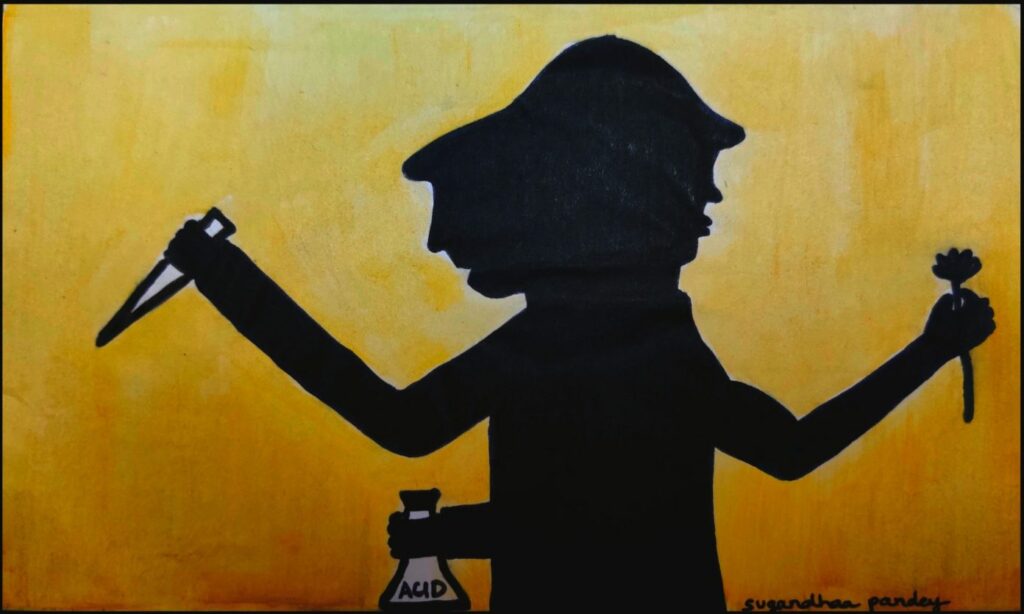
Human Rights Watch, “has documented the use of sexual abuse and other forms of violence against Dalit women as tools by landlords and the police to inflict political “lessons” and crush dissent and labour movements within Dalit communities. In Laxmanpur-Bathe, Bihar, women were raped and mutilated before being massacred by members of the Ranvir Sena in 1997; in Bihar and Tamil Nadu, women have been beaten, arrested, and sometimes tortured during violent search and raid operations on Dalit villages in recent years. Like other Indian women whose relatives are sought by the police, Dalit women have also been arrested and raped in custody as a means of punishing their male relatives who are hiding from the police.”
There are similar reports by Human rights bodies and feminist organisations on the attacks against Muslim women in India.
Blame the victim mindset
Women who go through sexual violence, abuse and harassment are often labelled as “morally loose” “sluts” “characterless” etc by society. Society’s conventional patriarchal system cannot look beyond the lens of the male gaze, male power dynamics, chauvinism and the constantly perpetuated ‘lowered‘ status of women. The blame game starts with why was the woman out and about at that time of the day or night. Why was she wearing what she was wearing? Why was she at that cafe or wine shop or club, etc?
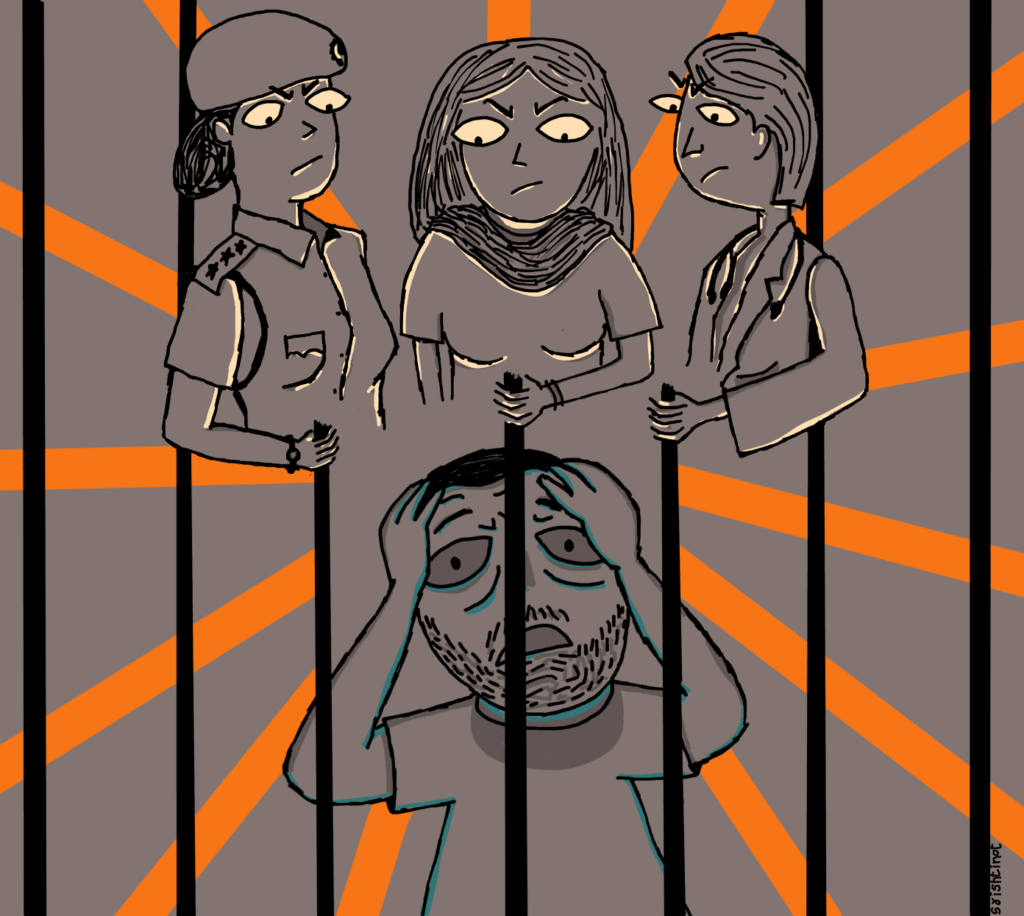
These manifestations of the oppressive patriarchal society find ways to blame the survivor or the victim and somehow absolve the perpetrator. In a society that garlands the rapists, bringing the perpetrators to justice becomes an arduous task.
Anushka, mentions when she was in school, she confided in one of her classmates, ‘And [that spread] like wildfire across my school. So other people who even didn’t know me would call me a slut when I would pass by.’
Women go through various emotional and psychological consequences as a result of such horrific incidents. Those women who gather the courage to report or raise their voices are often called out as “overreactive,” “oversmart,” and “brazen,” and mostly such women are shunned and silenced.
Malabika Dhar, a journalist from Calcutta, was harassed in a Reliance Store near her home. She was stalked by one of the staff members, who constantly made suggestive gestures and comments about her. Even after warning the staff member that she was observing his actions, the man wouldn’t budge and continued making lewd comments and remarks.
Dhar says, ‘I was angry and frustrated, I didn’t want to go to a police station as I know it is never easy.’
Dhar however, registered a complaint with the Reliance store, though no action was taken. ‘Reliance kept harassing me for days, and I was told to identify the man in the store, which I didn’t want to go through.’
The Reliance store closed the case and Dhar stopped going to the shop.
Women are forced to make choices like not going to the place of the incident again, not going out at night, not going alone, and not wearing that dress. There are various restrictions women put on themselves to not jeopardise their safety. But that shouldn’t be the case.
Women should be encouraged to report cases, to lodge complaints and reporting should be made accessible and easy for a common woman to undertake. For women students, the internal committees in schools, colleges and universities, should be easier to access. In addition, awareness and education should be made available for women students to understand the criminal and legal procedures pertaining to the crimes against women. So should be the case with working women. Corporates and other organisations should do workshops and POSH meetings to address the elephant in the room.
A police station should not be the crime scene itself. Women should be safe at a police station and should report the crime without hesitation to the police. More and more women officers should be part of the police force to address such issues. Systematic socio-cultural, legal and political changes must be made in order for women in this country to feel safe and secure. Reporting an FIR or a complaint should not be such a herculean task!
*names have been changed to protect the identity
About the author(s)
Shahinda is a multimedia journalist with an experience of more than five years. She has an interest in covering politics, gender, conflict, and gender-based violence/crime. In addition, she has experience in reporting, photography and documentary filmmaking. She has done her Masters in Mass Communication from AJK MCRC Jamia Millia Islamia, New Delhi.
